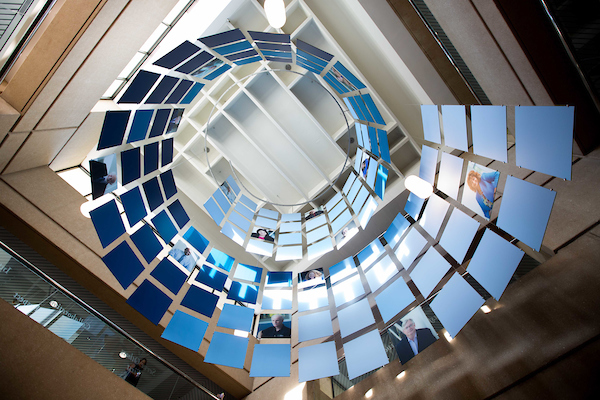Broad-Based Medical Science Training for Future Healthcare Professionals
Broad-Based Medical Science Training for Future Healthcare Professionals
Blog Article
Advancing Toward Professional School With Focused Graduate-Level Study
The biomedical masters programs is just a graduate-level academic providing made to guide people seeking enhanced credentials for entry into a wide variety of professional schools. These generally include medical, dental, chiropractic, drugstore, doctor assistant, bodily treatment, and other health-related programs. Through a structured and integrative curriculum, this system equips students with the foundational information and abilities necessary for aggressive programs and academic success in qualified training.

This system highlights a arduous clinical core that mirrors the curriculum of first-year skilled wellness programs. Students an average of participate in advanced coursework in professions such as structure, biochemistry, physiology, pharmacology, microbiology, and pathology. That academic framework supports expertise of complex substance and advances the progress of advanced analytical and reasoning skills—essential competencies for potential wellness professionals.
What models the program aside is its versatility. While several pupils pursue it as a going rock toward qualified school, the curriculum also makes graduates for roles within the broader wellness sciences sector. Alumni of the program have properly entered professions in public areas wellness, healthcare government, scientific study, and biotechnology. The others have pursued advanced study in fields such as for example biomedical sciences, healthcare knowledge, and also legislation, with a focus on biotechnology patents or regulatory affairs.
Along with academic preparation, this system fosters skilled development through advising, mentorship, and test preparation. Students looking for admission to programs that want entrance exams—including the MCAT, DAT, or GRE—benefit from organized help and academic assets that enhance their readiness. These functions donate to the program's notable achievement rate: around 75% of graduates are accepted to skilled colleges following completion.
The curriculum's vast style also replies to the developing needs of the healthcare workforce. As healthcare delivery versions become increasingly interdisciplinary, the ability to engage with a selection of clinical and scientific material is essential. Pupils obtain not just subject-specific understanding but in addition realistic experience in important considering, research style, and communication. These transferable abilities are appropriate in academic, clinical, and non-clinical roles.

Importantly, this system aligns with the broader purpose of encouraging access to healthcare for all areas by making graduates that are academically and ethically prepared to lead meaningfully in a variety of capacities. Whether pursuing a scientific job or contributing through policy, study, or knowledge, graduates are situated to effect the healthcare market in evidence-based and impactful ways.
The grasp of research in medical technology hence serves as a proper expense in one's future within medical professions. It gives a link between undergraduate knowledge and the rigor of skilled or doctoral programs, equipping students with the equipment had a need to succeed equally academically and professionally in the present complex health environment. Report this page